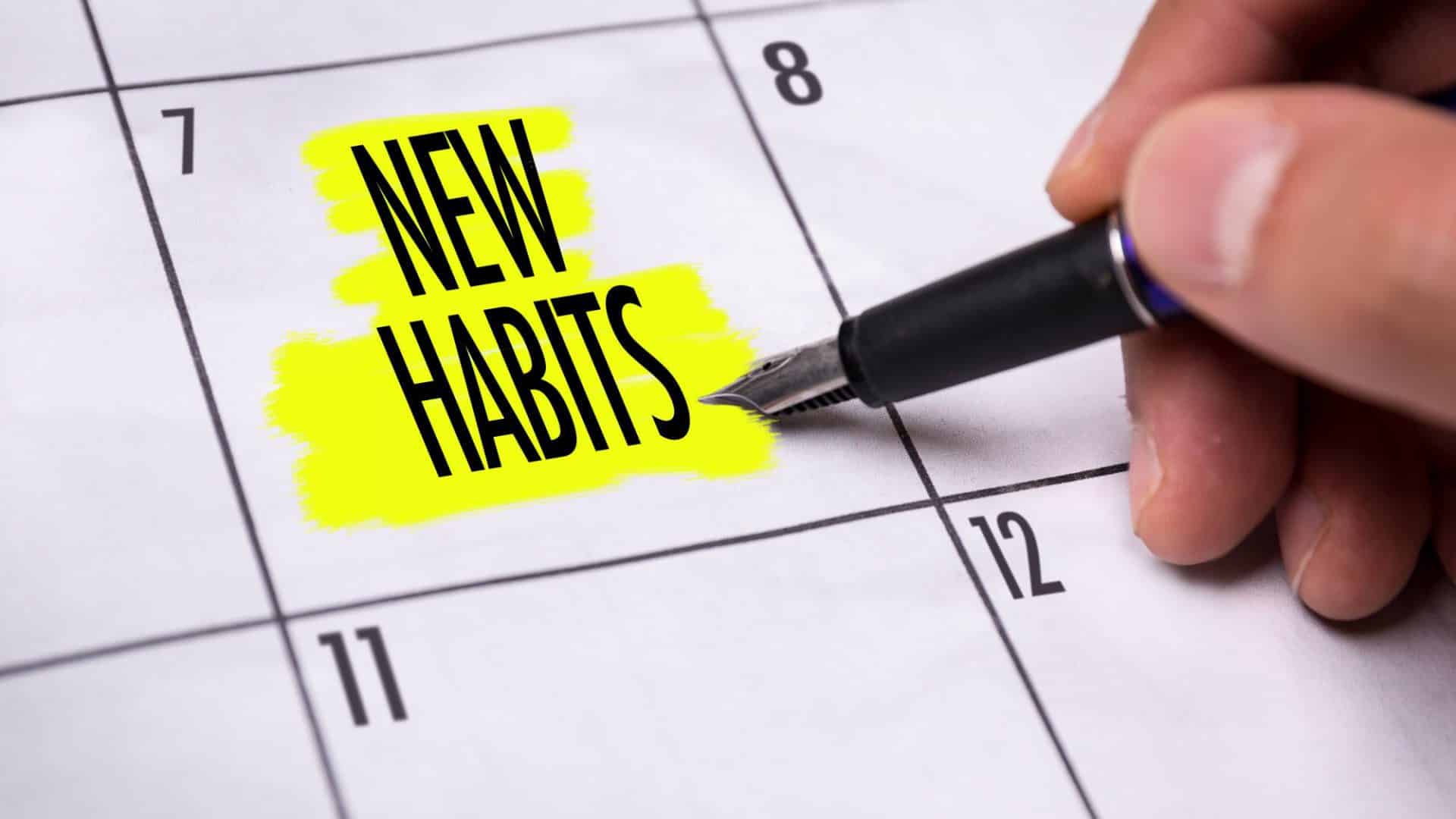Implementing healthy goal-setting methods is a terrific strategy for ensuring that your child begins the new school year on the right foot and on the right track.
These tactics have been shown to have a significant impact on students’ academic achievement when effectively executed. Goal-setting requires control, and children perform better in school when they feel in control of their education. Unfortunately, the current COVID-19 environment contains many unpredictable elements that can jeopardise a student’s capacity to succeed, thus creating proactive goals is crucial before the semester begins.

As adults, we are well aware of how empowering it can be to establish a goal and how satisfying it can be to achieve that objective. The process of goal-setting can be beneficial to students as well; by developing regular goal-setting habits early on, they can gain greater control over their academic progress. Furthermore, the behaviours people develop around goal-setting are transferable to their professional and personal lives as well as their personal lives.
THE IMPORTANCE OF SETTING OBJECTIVES
A major reason why goal setting is such a popular topic is that it is effective. When considering new tactics for your child’s academic achievement, it’s important to keep the following considerations in mind.
Academic gains of between 18 and 41 percentile points can be achieved by goal-setting.
Using goal-setting techniques, students can also narrow their attention to specific outcomes, motivate themselves to take on new academic challenges, and better understand the relationship between current work and future accomplishments.

In the same way, procrastination can be reduced by creating a clear framework for reaching these objectives. Likewise, time management and preparation are essential components of effective goal-setting methods.
ESTABLISHING SUCCESS OBJECTIVES FOR SCHOOL
To inspire the learner, you will need to modify the procedure from what you are used to doing when you set goals for yourself. In order to accomplish this, any goal-setting exercise should incorporate the four components listed below. Your child will not gain the full benefit of this practise if you do not provide them.
# 1. Provide opportunities for people to develop their skills.
# 2. Students should be given control or autonomy.
# 3. Cultivate student interest in your course.
# 4. Modify their perceptions of their own strengths and capabilities.
SUGGESTIONS FOR SETTING GOALS
Goal-setting is most effective when it is done in a group and documented. Keep a goal tracking board at home to help you maintain the habit and keep your family on the same page as you work toward your goals.
For younger kids, it is necessary to provide additional explanation about goal-setting. Tell them why we set goals, what they are for, how they help drive learning, and how delighted you are when we achieve our objectives.

Set short-term goals and check in on your progress on a regular basis; we recommend daily or weekly checks. These check-ins provide you the opportunity to assess and amend your lesson plans in light of student achievement. Students are less likely to become disheartened if they check in regularly.
Keep the following in mind as you go through the reviews:
Make it personal by relating it to your life.
Identify where the student is now at and what they hope to accomplish in the future with this information.
Break each phase down into manageable, actionable activities to ensure success.
Assign a specific notebook or goal-setting worksheet to your child, and encourage them to write down their objectives in it.
Establish realistic timetables.
Make adjustments as you go. Things happen in life, and things don’t always turn out the way you expect them to. It is acceptable to make minor adjustments if necessary!

For extra help in developing goals that will last, check out these five more suggestions to ensure that your child gets the most out of their schooling. Students have the ability to reflect on their learning and transform their understanding of their present knowledge and abilities into a desire to learn more and make the most of their lives through the use of goal-setting techniques.







